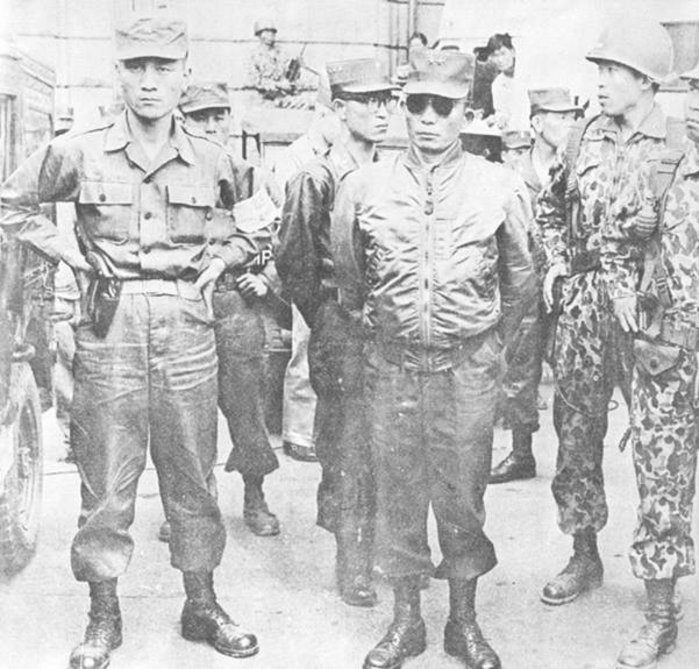I was working on a paper, when this question came to mind.
A corollary is: Do American Generals make good Presidents?
And sort of the reverse do politicians make good generals?
Please use examples, which is why I put it in the history thread
A corollary is: Do American Generals make good Presidents?
And sort of the reverse do politicians make good generals?
Please use examples, which is why I put it in the history thread

